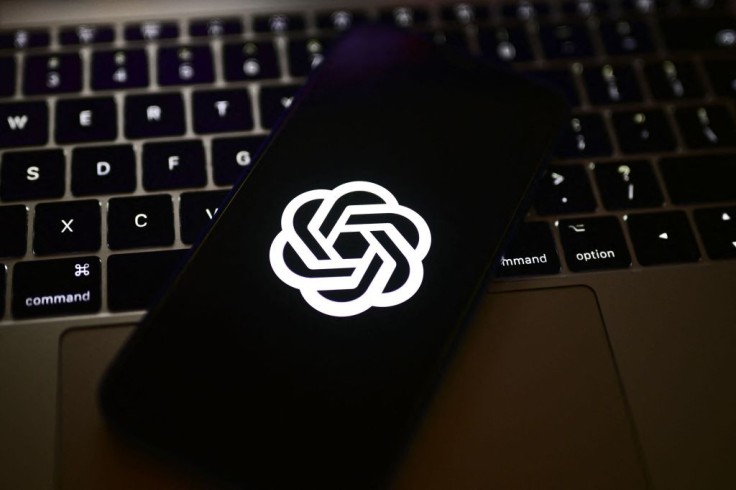The fear in the effects of AI chatbots on students might have been a bit overblown.

A new Stanford research suggests that chatbots like ChatGPT do not actually encourage student cheating in high schools.
The study found out that the percentage of students who engaged in cheating behaviors remained relatively unchanged compared to previous years when there was still no ChatGPT.
Surveying over 40 US high schools across the country, at least 60% to 7% of students admitted to cheating within the month, a record a bit lower than last year.
The results of the study coincide with an earlier Pew Research Center study that says only 19% of the students aged 13 to 17 used ChatGPT and similar chatbots for schoolwork.
Many respondents even expressed opposition to the tool being used to do essays and other written schoolwork.
Parents, Schools Fear AI Takeover on Academic Studies
Claims of AI negatively affecting students began circulating online after OpenAI's ChatGPT went viral in November 2022.
This was the time the AI company has released believable near-realistic images and texts accessible by all.
Then the next month, reports of high school and university students using ChatGPT to generate writing assignments become a nationwide sensation.
Many schools immediately banned the use of chatbots for school assignments, threatening suspension or expulsion to anyone caught red-handed.
Even grammar-correcting AI like Grammarly was flagged to be unusable in some districts.
Victor Lee, one of the leading researchers of the study, emphasized that it still "depends on how schools choose to approach AI as a topic and a tool" for academic studies.
As of writing, only a select school in the US has supported generative AI in the students' studies.
Stanford Research on AI Development on Academic Studies
The research is part of Stanford's growing studies on the application and ethics of AI generation to academic purposes.
Lee and his fellow researchers said they are planning to collect more data throughout the school year to see how AI has taken root among young learners.
Stanford also offers free online resources regarding AI development and literacy.
Related Article : ChatGPT Can Now Summarize Politico, Business Insider Articles









